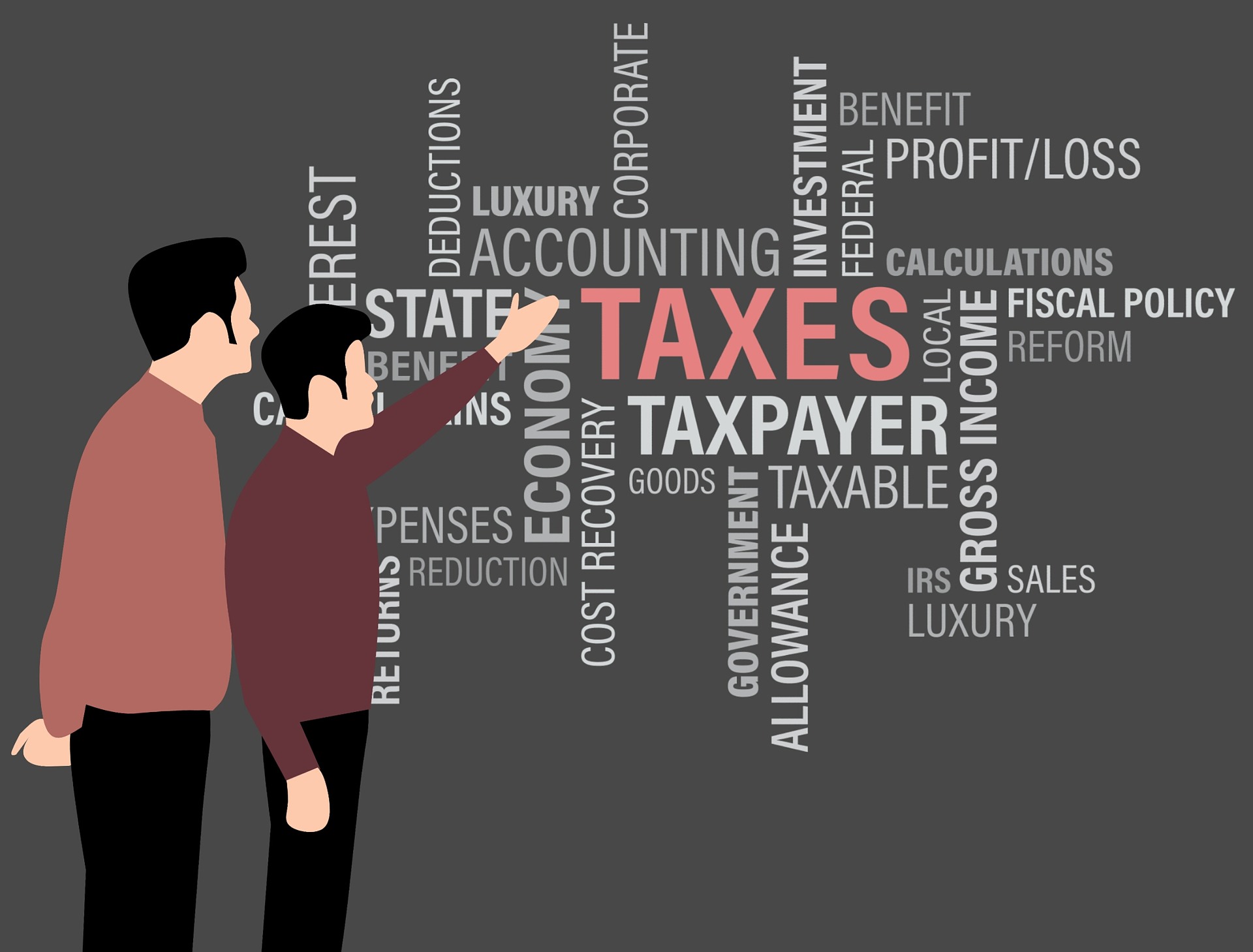Charity in Canada is big business. With the second largest non-profit sector in the world, Canada has an estimated 170,000 non-profits and charities, 85,000 of which are recognized by Canada Revenue Agency (CRA). While charities are not run for profit, that doesn’t mean they don’t contribute financially to the economy. Canada’s charity sector contributes approximately 8.1 per cent of total Canadian GDP and employs about 11.1 per cent of the population. The top 1 per cent of companies in this sector produce 60 per cent of the annually reported revenues.
And when revenues are reported, Canada Revenue Agency gets involved.
How to be recognized by CRA as a charitable organization
To operate as a registered charity and receive CRA’s tax advantages you must:
- Decide if you want to register as a charity or a non-profit organization. CRA defines both differently. Charities work to relieve poverty, advance education, advance religion or benefit the community. Non-profits operate exclusively for social welfare, civic improvement, pleasure, recreation, etc., where the goal is not to turn a profit.
- Once you decide which category your organization fits into, you must register.
- Since 2015, registered charitable organizations must report any partnership holdings. It may seem odd to think of a charity as a partnership, since partnerships are one of the ways CRA defines a corporate structure. However, if the charity meets certain guidelines, it can form a partnership. See CRA’s website for full details.
- Once established, the organization must operate within firm parameters, as outlined by CRA here: operating as a registered charity.
- Charitable organizations must file:
- Form T3010, Registered Charity Information Return
- Form TF725, Registered Charity Basic Information Sheet
- Form T1235, Directors/Trustees and Like Officials Worksheet
- Form T1236, Qualified Donees Worksheet / Amounts Provided to Other Organizations (if applicable)
- Form T2081, Excess Corporate Holdings Worksheet for Private Foundations (if applicable)
- Financial statements(even if the charity was not active)
- Additional reporting for Ontario residents: RC232-WS and RC232
Note that the T3010 is due six months after your fiscal period. If you fail to file within those six months, you could lose your registered charity status. This infographic from CRA (credit and online source: CRA) outlines the due dates by fiscal period.
CRA’s online consultation on charities’ political activities
It is important to note that registered charitable organizations are not allowed to engage in most non-partisan political activities. This year CRA started working with the Department of Finance to engage with charities and non-profits in clarifying what defines a political activity. If your organization provides feedback, it will be considered as new guidelines and resources are developed regarding this issue.
CRA is making it easy for charitable organizations to provide feedback. Simply go to: www.cra-arc.gc.ca/chrts-gvng/chrts/whtsnw/pacnslttns-eng.html. Read the information; the questions start at section C. Your answers can be emailed to consultation-policy-politique@cra-arc.gc.ca.
Charitable organizations are a very important part of Canada and benefit the communities in which they operate, but remember, as a registered charity you must fulfill certain obligations to benefit from the many advantages CRA offers.











